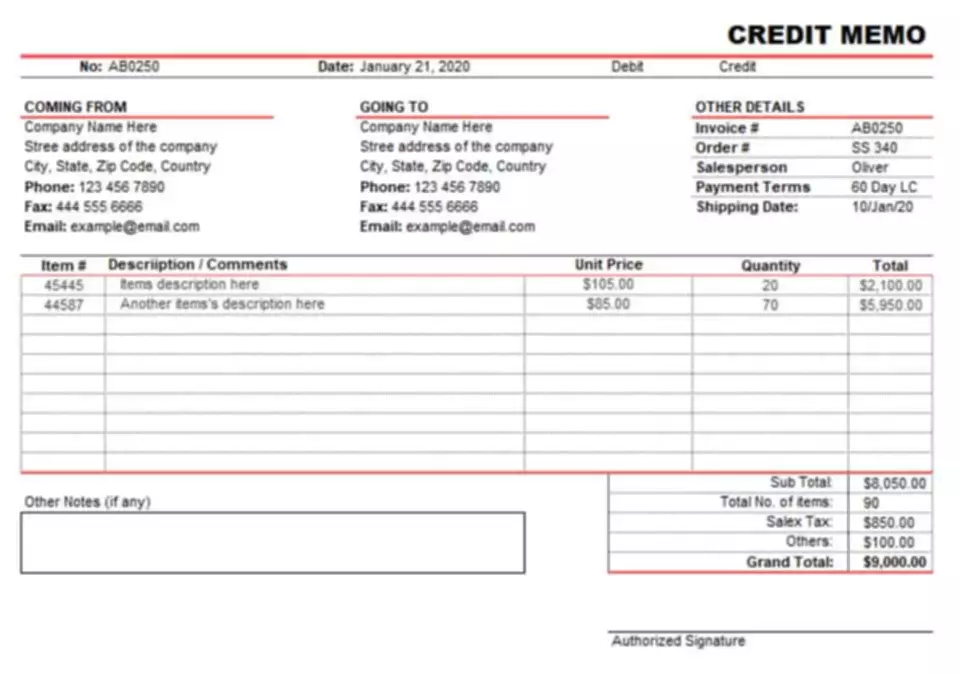Content

For each 100 shares held, shareholders receive another 50 shares. Stock dividends https://www.bookstime.com/ are payment of additional shares of stock to common shareholders.
Two Harbors Investment Corp. Announces Third Quarter 2022 Common and Preferred Stock Dividends and Reverse Stock Split – Business Wire
Two Harbors Investment Corp. Announces Third Quarter 2022 Common and Preferred Stock Dividends and Reverse Stock Split.
Posted: Wed, 21 Sep 2022 20:15:00 GMT [source]
After submitting your information, you will receive an email. You must click the link in the email to activate your subscription. You can sign up for additional subscriptions at any time. Find our complete guide on all the dates that an investor should know when he is dividend investing here. Social Media and Investment Fraud Fraudsters often use social media to steal from investors.
Do you provide tours of your headquarters?
Normally, a stock split will reduce the price per share of each share in proportion to the increase in shares. Companies sometimes increase the number of shares outstanding by issuing stock dividends or stock splits. These events are usually non-taxable, but change the number of shares you own and the basis of those shares. In order to 1) increase the number of shares of stock outstanding, 2) shift some of the corporation’s retained earnings to paid-in capital, and 3) distribute the business’s cash to its investors, a corporation may declare a stock dividend. Cash Dividend means dividend which is paid to shareholders in Cash/ Bank.
- Due to the reduction of Price, it allows more investors to buy the shares.
- After a 2-for-1 stock split, the same stockholder still owns just 1% of the corporation (2,000 ÷ 200,000).
- No change has taken place except for the number of shares being held.
- There are no extra shares to pay back because it’s a “dividend.”
- Assume that a board of directors feels it is useful if investors know they can buy 100 shares of the corporation’s stock for less than $5,000.
- For example, assume that a company announces a 3-for-2 stock split.
In the calculation of EPS, the Total Weighted Average Common Shares will be affected by stock dividends and stock splits. Reverse stock splits also have the same impact except that the number of shares and the dividend per share would increase instead of decrease, if the reverse split happens before the record date, but after the ex-dividend date. It has no impact on the payout if the reverse split happens after the record date. A stock split is a corporate action taken to renew investor interest by dropping the price of a share if it’s too high and increasing liquidity to theoretically have a positive impact on the share price, at least in the short run.
s Stock Market Crash: the Finale Before a 50%-Plus Boom
If the market price of the stock rises to $80 per share, the board of directors can move the market price of the stock back into the range of $40 to $50 per share through a 2-for-1 stock split. On the other hand, if the company declares a stock dividend of 0.2, the shareholder’s payment comes in the form of stock shares. In this case, for every share owned, 0.2 of a share is awarded to the shareholder. Thus, the investor with 10,000 shares would own a total of stock dividend vs stock split 12,000 shares (10,000 x 1.2) after collecting the dividend. A stock dividend means dividend which is paid in the form of additional shares whereas stock split is a division of issues shares in the ratio as decided by Company. A transfer agent for a publicly held company keeps records of stock held by registered shareholders, including shares held in certificate form. When stock changes hands, the transfer agent updates the record of ownership of the stock.
Get a weekly email of our pros’ current thinking about financial markets, investing strategies, and personal finance. See who has announced a stock split, plus more details. This will be done by multiplying the number of shares prior to declaring dividends by 1.2 (20% dividend). Certain financial information included in Dividend.com is proprietary to Mergent, Inc. (“Mergent”) Copyright © 2014. Reproduction of such information in any form is prohibited.

